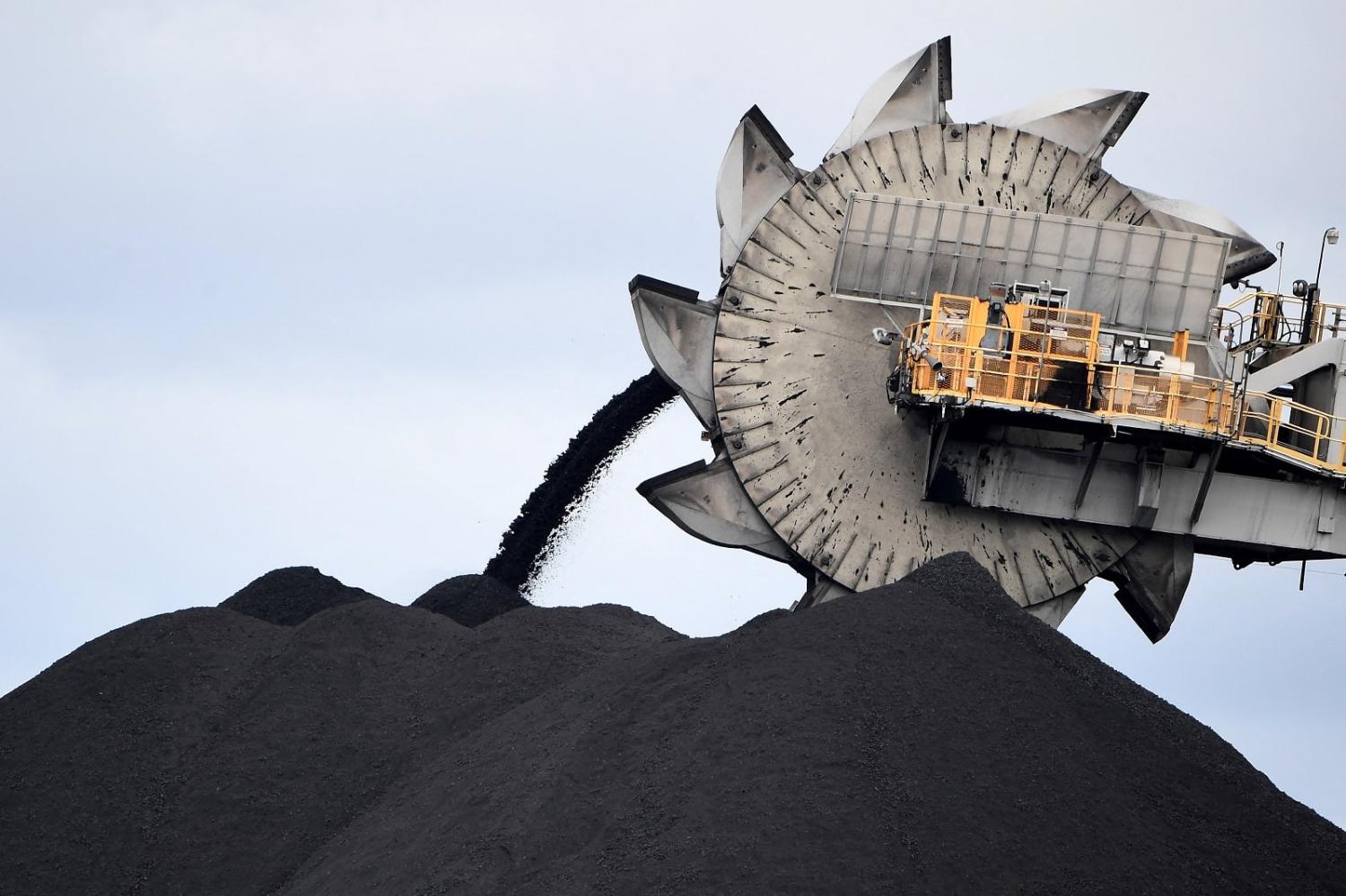In the lead-up to the G7 Summit in Japan next month, which Australia has been invited to attend, pressure is mounting on the federal government to commit to ending public funding for international fossil fuel projects.
So far, it has refused. But if Australia wants to join its major allies and be seen as a climate leader in the Asia-Pacific, it will need to reconsider its position.
Last year, many of Australia’s key allies, including the United States, the United Kingdom, Germany, France and New Zealand, all signed the so-called Glasgow Statement, which commits signatories to ending public support for international fossil fuel projects.
The reasoning was clear: continuing to use taxpayer dollars to underwrite new oil, gas and coal projects, such as coal-fired power plants, is inconsistent with the 1.5°C warming limit and goals of the Paris Agreement.
The UN Secretary-General António Guterres made the point starkly last month in the wake of the report by the Intergovernmental Panel on Climate Change (IPCC) – the leading global body of climate scientists. He proclaimed that “the climate time-bomb is ticking” and that G20 nations must cease “all licensing or funding of new oil and gas”.
While the federal government has changed in May last year, and with it Australia’s positioning on climate change, the country’s financial support for fossil fuels abroad has not – to say nothing of other domestic subsidies for fossil fuels, such as favourable tax treatment.
Export Finance Australia (EFA), the main government body in this space, is a public financial institution that uses government monies to provide insurance cover for Australian firms wishing to sell goods and services overseas, as well as low-interest loans to potential foreign buyers. Its role is an important one. Private lenders are often averse to the risks of insuring the exports of novel products or selling into new foreign markets, and by stepping in to underwrite these exports, EFA expands opportunities for Australian businesses and workers.

However, since 2009 EFA has also helped to underwrite global heating by providing roughly AU$1.69 billion to fossil fuel firms, while offering a relatively paltry AU$20 million for renewable energy projects. For example, in 2012 EFA invested AU$94.2 million to support the Wiggins Island Coal Export Terminal, and offered a AU$254.7 million loan for Santos to support a liquefied natural gas project in Queensland.
Our research on export credit agencies, which explores financing by looking at quantitative data and project case studies, suggests this pattern of lending is likely a result of interrelated pressures from large, politically influential exporting firms that argue EFA’s support is critical for the Australian economy, and national security concerns about the future of Australia’s energy security.
However, these arguments no longer stack up.
First, the fossil fuel firms that benefit from billions in EFA support are among Australia’s largest and most profitable corporations. The notion that they must rely on public support to expand their global sales strains credulity. Shifting EFA support away from firms such as Santos to the nation’s vibrant small business sector promises robust export-led job growth that won’t contribute to the destruction of the climate.
Second, when it comes to energy security, ending public financial support for the export of coal and gas will not prevent the sector from maintaining the levels of energy production necessary to power the country’s economy. Continuing such public support, however, comes with the opportunity cost of offering export finance that can help scale up the nation’s renewable energy industries.
Third, and related, if Australia is to be a renewable energy superpower as the PM has declared, Canberra can ill afford to delay supporting renewables industries. In a world that is leaving fossil fuels behind, countries that are able to master the design and innovation of sustainable energy generation and storage will stand to reap enormous financial and security benefits in the coming decades. The United States and China have both leveraged hundreds of billions in state capital to do just that.
Finally, claims that public bilateral finance for fossil fuel projects will help developing countries address energy poverty are empirically dubious, to say the least. Locking in a dependency on fossil fuels among Australia’s neighbours will not only accelerate the climate crisis, which is already wreaking havoc across the region as recent flooding in India and Pakistan has shown, but renewable energy is also set to cost less. Indeed, analysts expect renewable energy to be cheaper than coal in the Asia-Pacific by 2030.
EFA is uniquely positioned to support Australia’s evolution into a regional renewable energy power, but it cannot do so if its resources and expertise continue to be channelled into propping up the profits of coal and gas corporations.
By signing the Glasgow Statement and ending EFA’s support for fossil fuels, the Australian delegation can demonstrate to its allies in Japan next month that Australia is ready to step up on climate change.

